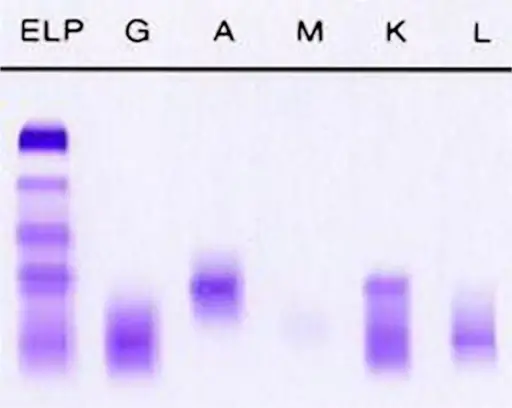MGUS is monoclonal gammopathy of unknown significance. MGUS involves the production of M-protein by benign plasma cells.
What is the Pathology of MGUS?
The pathology of MGUS is:
-Etiology: The cause of MGUS is not known. Infection, immune system issues, and the environment may play a role.
-Genes involved: DCC gene.
-Pathogenesis: The sequence of events that lead to MGUS come from clonal plasma cells in the bone marrow. These cells harbor somatic hypermutation of the variable regions and are class-switched.
-Histology: The histology associated with MGUS shows bone marrow <10% plasma cells.
How does MGUS Present?
Patients with MGUS are more often male than female, and this condition is more common among the elderly population. The symptoms, features, and clinical findings associated with MGUS include bone pain, fatigue or weakness, unintentional weight loss, fever or night sweats, peripheral neuropathy, enhanced bone loss and fractures.
How is MGUS Diagnosed?
MGUS is diagnosed by blood and urine screening of abnormal proteins with a lab test called serum protein electrophoresis and/or serum immunofixation.
How is MGUS Treated?
No treatment is recommended for patients with MGUS. Long-term follow-up is generally advised.
What is the Prognosis of MGUS?
The prognosis of MGUS is good. The annual risk of progression from MGUS to multiple myeloma (MM), Waldenström macroglobulinemia (WM), amyloidosis (AL), or other lymphoproliferative disorders is approximately 1%. However, the mode and risk of progression vary between IgM MGUS and those with non-IgM MGUS.






